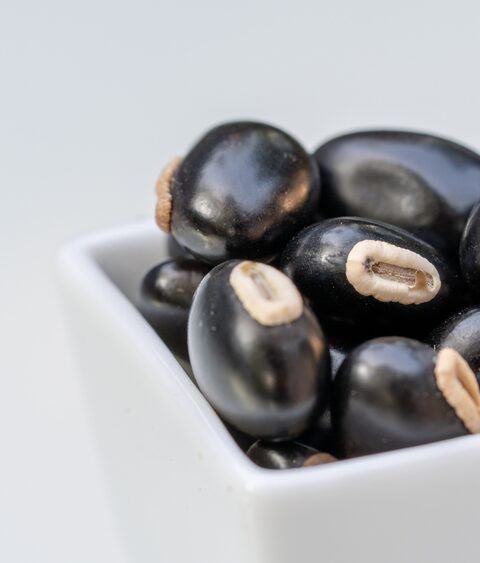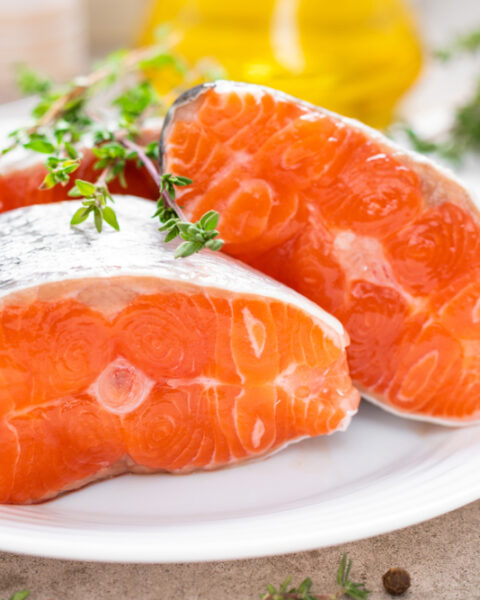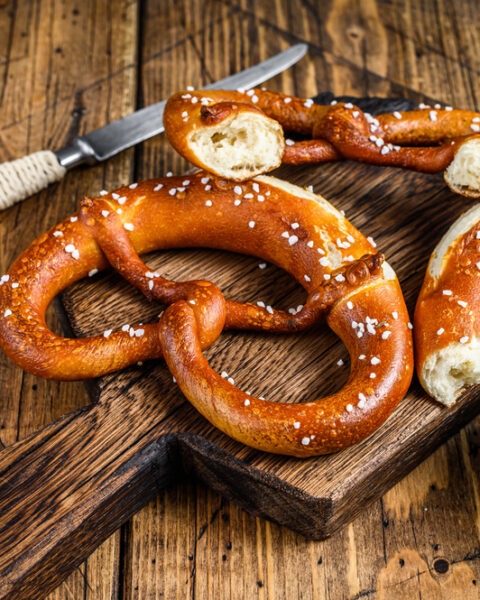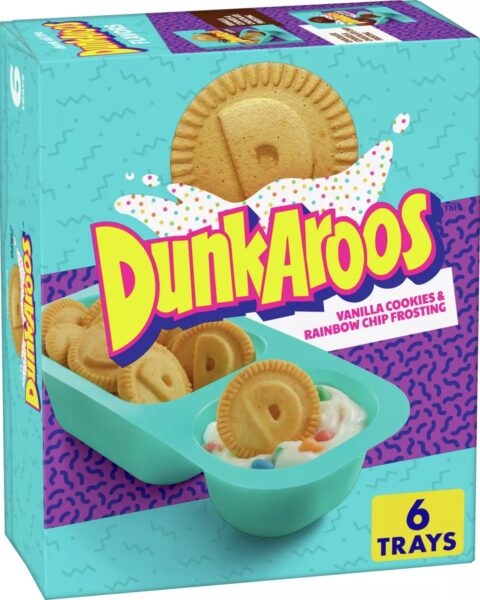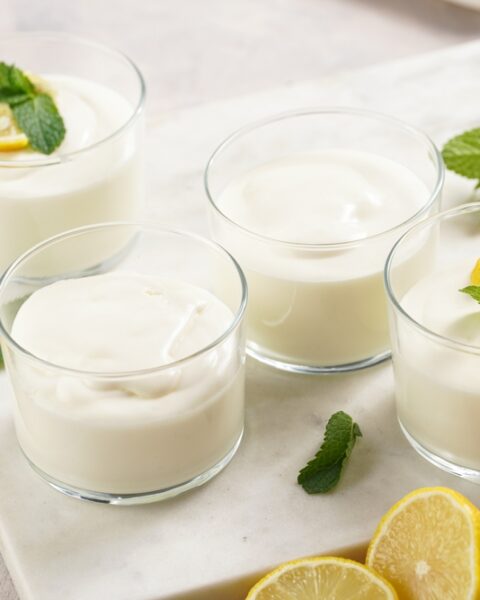If you’re looking for a simple way to boost your protein intake, legumes should be at the top of your list. These versatile ingredients are not only protein-packed but also full of fiber, vitamins, and minerals. They’re great for adding flavor and texture to soups, salads, and even snacks. From chickpeas to lentils, there’s a legume for every taste.
Contents
Chickpeas
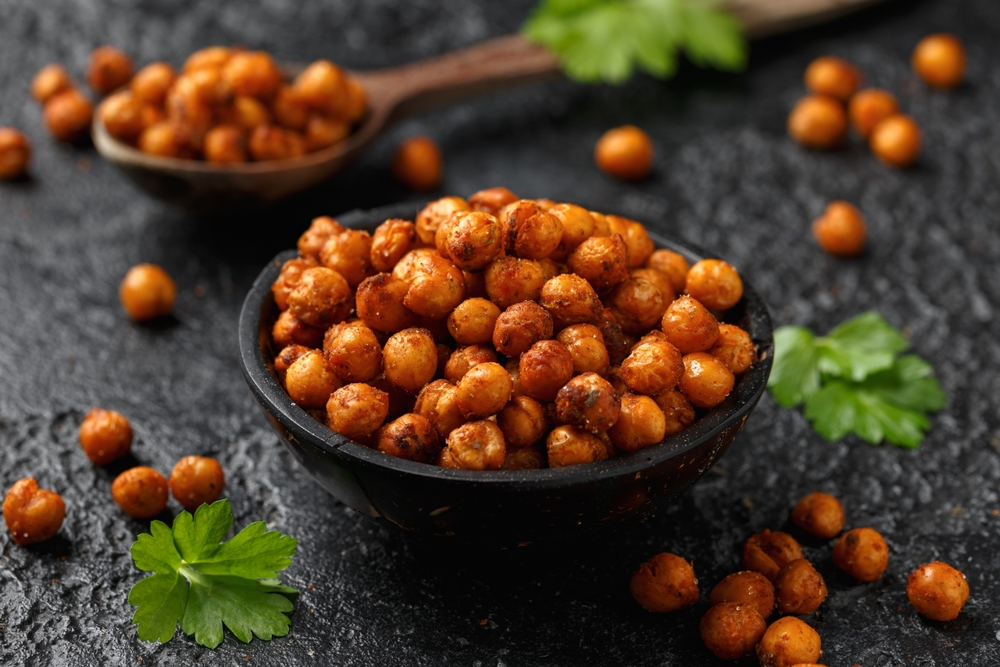
Chickpeas are a popular legume known for their high protein and fiber content. They’re incredibly versatile and can be used in dishes like hummus, salads, and soups. One cup of chickpeas provides about 15 grams of protein, making them a great option for those looking to add plant-based protein to their diet. Chickpeas are also rich in iron and folate, which support overall health. Whether roasted for a snack or tossed into a curry, chickpeas are an easy addition to your meals.
Lentils

Lentils are small, but they pack a punch when it comes to protein. A cup of cooked lentils offers around 18 grams of protein, making them an excellent choice for vegetarians and vegans. They cook quickly and absorb flavors well, making them perfect for soups, stews, or salads. Lentils are also a good source of fiber, helping to keep you full longer. Plus, they come in different varieties, like green, red, and black, each offering a unique taste and texture.
Black Beans

Black beans are a staple in many cuisines and are loaded with protein and fiber. A single cup provides about 15 grams of protein, making them a fantastic plant-based protein source. They work well in tacos, burritos, or even veggie burgers. In addition to protein, black beans are rich in antioxidants, which help protect your body from inflammation. Whether you’re making a salad or a hearty soup, black beans are a great addition to any meal.
Edamame
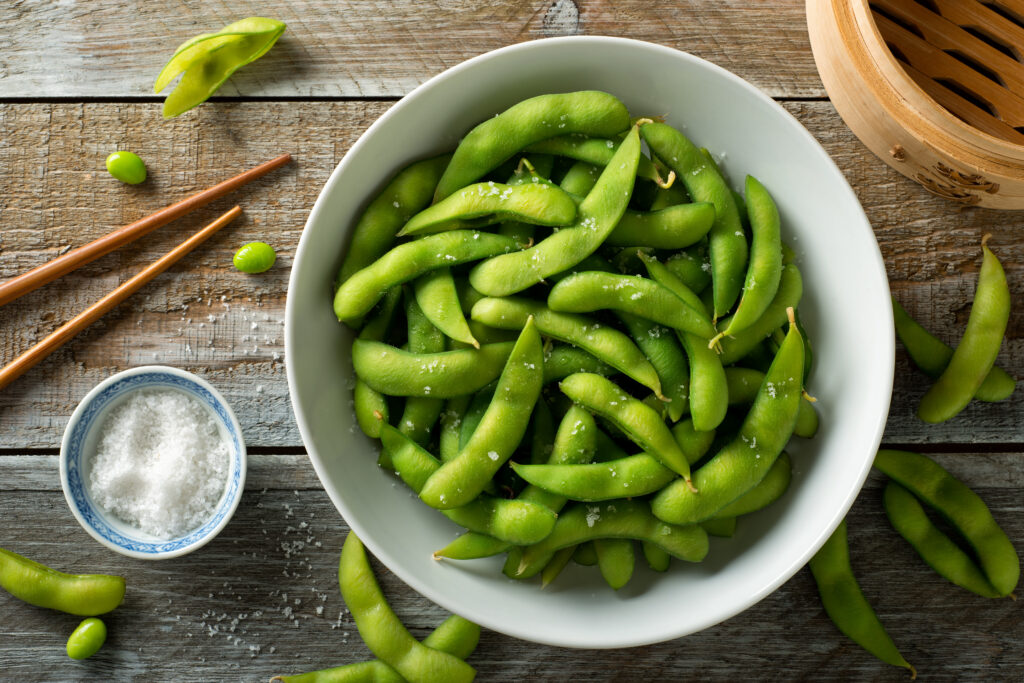
Edamame, or young soybeans, are not only delicious but also high in protein. A cup of cooked edamame offers about 18 grams of protein, making it an excellent snack or side dish. They’re also a complete protein, meaning they contain all the essential amino acids your body needs. Edamame is often steamed and lightly salted, making it a tasty and nutritious snack. You can also add it to salads or stir-fries for an extra protein boost.
Kidney Beans
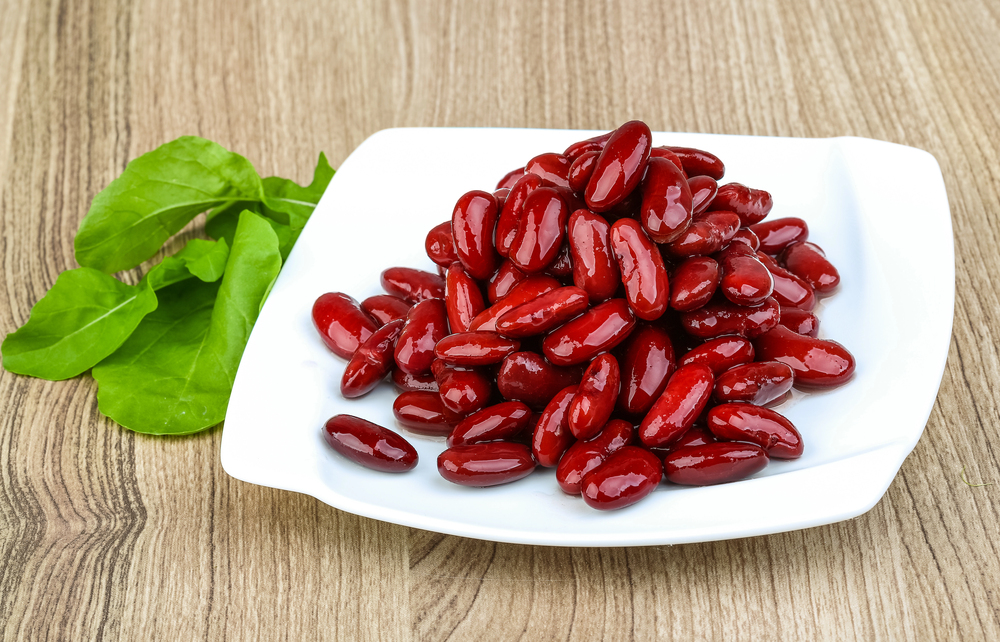
Kidney beans are named for their shape and are packed with protein and fiber. One cup of kidney beans provides around 13 grams of protein, making them a filling and nutritious option. They’re often used in chili, soups, or salads, where they add a hearty texture and rich flavor. Kidney beans are also high in iron, which helps boost energy levels. Including them in your meals can support muscle growth and overall health.
Peas

Peas may be small, but they’re a great source of plant-based protein. A cup of peas contains about 8 grams of protein, making them an easy way to increase your intake. They’re incredibly versatile and can be added to pasta, rice dishes, or soups. Peas are also rich in vitamins A, C, and K, which support your immune system and bone health. Whether fresh, frozen, or in a soup, peas are a simple way to get more protein.
Pinto Beans
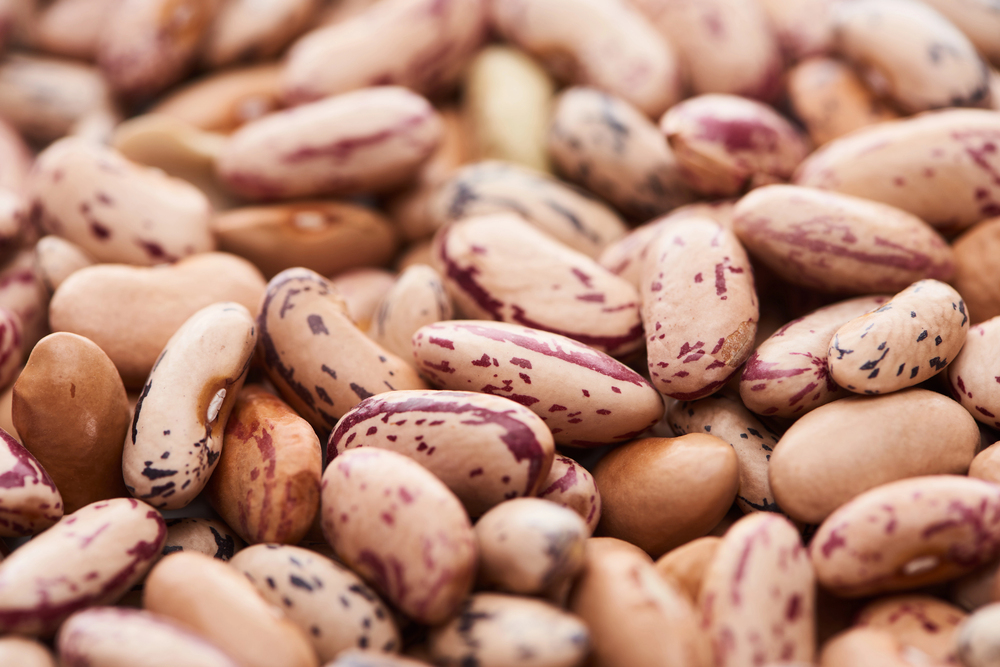
Pinto beans are a common ingredient in many Mexican dishes and are known for their creamy texture and rich flavor. A cup of cooked pinto beans offers around 15 grams of protein, making them a nutritious choice for any meal. They’re often used in refried beans, soups, or stews, where they add both flavor and protein. Pinto beans are also high in fiber, which helps with digestion and keeps you feeling full longer.
Mung Beans

Mung beans are small green legumes that are high in protein and easy to digest. One cup of cooked mung beans provides about 14 grams of protein, making them a fantastic addition to your diet. They cook quickly and are often used in soups, salads, and even desserts. Mung beans are also rich in antioxidants and vitamins, supporting overall health. Their mild flavor makes them a great base for a variety of dishes.
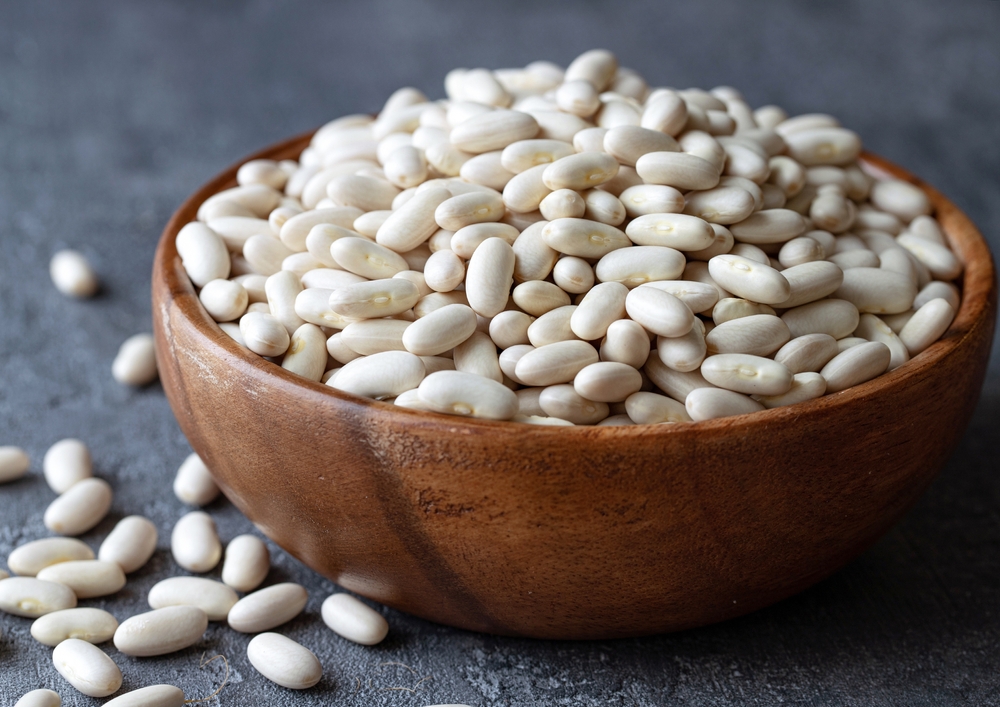
Navy beans, also known as haricot beans, are another excellent source of protein. A cup of navy beans contains around 15 grams of protein, making them a filling addition to soups, stews, and casseroles. They have a creamy texture that works well in baked dishes and are often used in traditional recipes like baked beans. Navy beans are also high in fiber and iron, which help support digestion and energy levels.
Fava Beans

Fava beans, also known as broad beans, are packed with protein and fiber. A cup of cooked fava beans offers about 13 grams of protein, making them a great addition to salads, stews, and dips. They have a buttery texture and a slightly sweet flavor that pairs well with herbs and spices. Fava beans are also high in folate and manganese, which are important for brain and bone health. Adding them to your meals can give you a protein boost while enhancing the flavor of your dishes.
This article originally appeared on RetailShout.
More From RetailShout
21 Aldi Just Brought Back Its Best Holiday Products Early
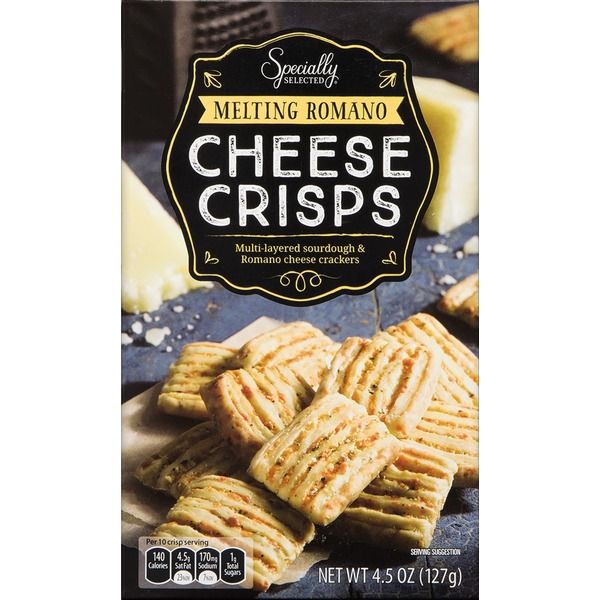
ALDI just brought back some of its best holiday products, and it’s time to get excited. These aren’t your average grocery store finds this lineup is all about gourmet flavors and unique treats that you can’t always find year-round. Read More.
17 International Foods You Won’t Find in America
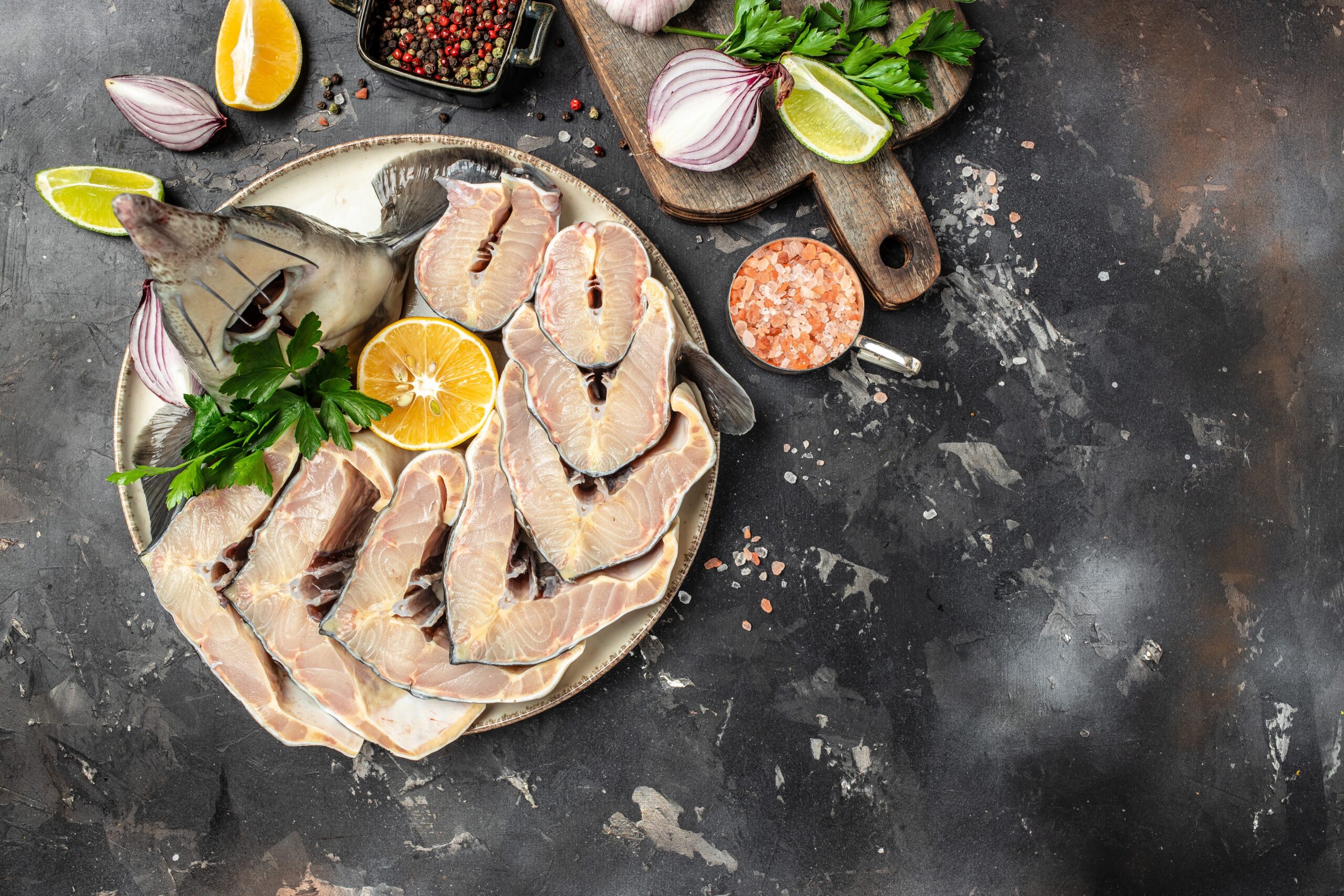
Ever find yourself scrolling through international food blogs and wondering what culinary delights the rest of the world is savoring that you might never get to try? Some foods can be too wild for the U.S. to handle. Read More.
12 Simple Keto Dinners You’ll Want to Make Again and Again
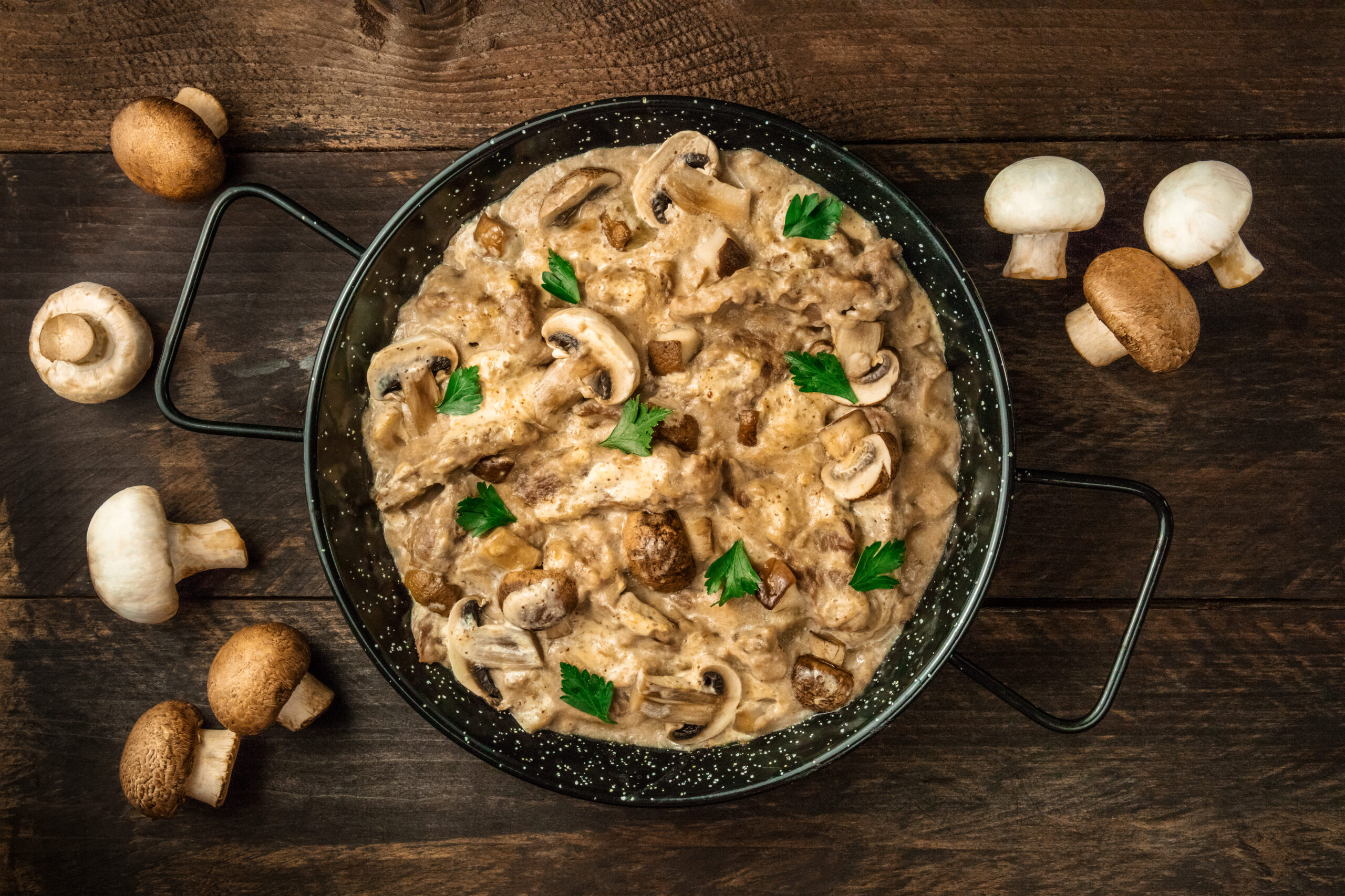
Transitioning to a healthy lifestyle often requires significant time, effort, and dedication. For many, the idea of switching to a healthy diet brings up images of bland, tasteless food, making the shift seem even more daunting. Read More.

